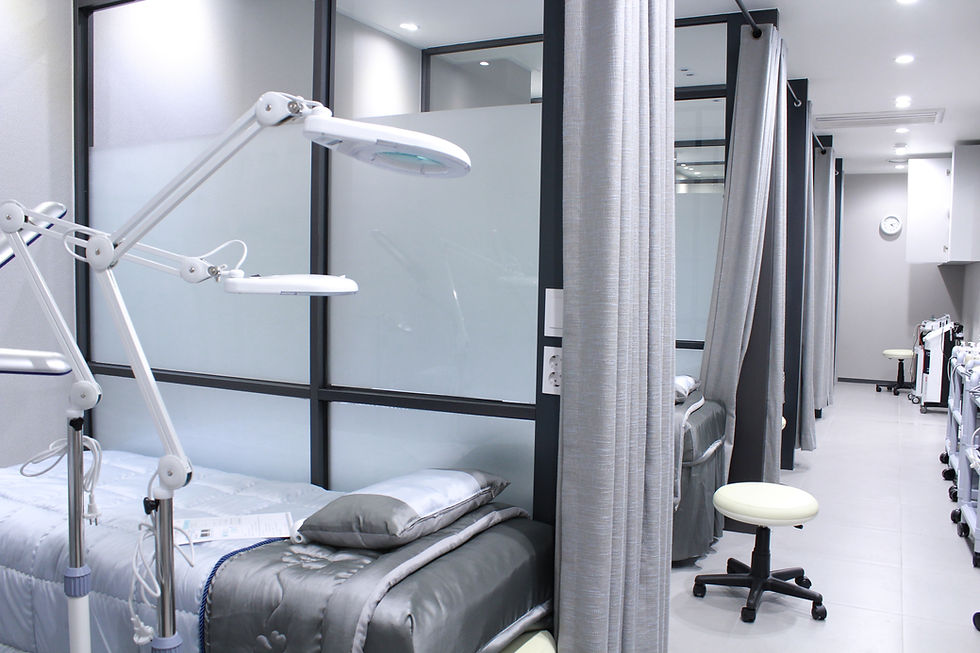
Cutting costs is a concern with all businesses today and hospitals are no exception. That being the case it should come as no surprise that many hospitals will attempt to cut their costs by adopting energy-efficient lighting, which is shown to reduce energy costs and maintenance costs as well. Unfortunately, the end result of some of these cost-cutting measures is poorly lit hospitals, which can cause illness in and of itself.

For many years researchers have concluded that lack of light exposure has detrimental effects on the human system. Those who live in climates with little to no sunshine can develop depression, such as SAD or Seasonal Affective Disorder. Some of the symptoms of SAD are difficulty waking up, over-eating and over-sleeping, difficulty concentrating, lack of energy, a decreased sex drive, and withdrawal from friends and family.
When an individual is taking a walk on a day filled with sunshine they are experiencing a light level or LUX of approximately 10,000. When working in a typical office environment the LUX levels are at approximately 500. Some hospitals are allowing their patient rooms to be under the recommended LUX levels, approximately just over 100 LUX.
When a patient is in a hospital they can already be suffering from pain, bouts of depression, and anxiety. Add to that improper lighting and you have the makings of a disaster waiting to happen. A person could become even sicker, or fail to recover from their illness. Proper lighting also helps with sleep; research has shown that those who are exposed to more light during the day will sleep better at night. A good night’s rest is needed to replenish our bodies and comes with several benefits. Proper rest helps with memory, inflammation, keeping at a healthy weight, and lowers stress levels which can also help the heart.

Proper lighting is also needed by the professionals working in the hospital environment. How can the anesthesiologist properly perform their job if they cannot see what they are doing? Proper lighting can also help the hospital staff in general; one feels much more energetic in a well-lit environment. Doctors and specialists such as audiologists report that they can concentrate much better and perform tasks easier when there is proper lighting available.
Fortunately, there are companies who are recognizing the need for properly lit hospitals and are developing lighting systems specifically with patients in mind. Hospitals around the world are coming to adopt these systems as they recognize the correlation between lighting, sleeping, and their patients getting better. These lighting systems are developed to promote a welcoming environment to the patients as well as providing nurses and doctors with lighting bright enough to make an accurate diagnosis.

Getting enough light during the day is important to everyone, not just those in a hospital. Natural sunlight helps the human body to produce the vitamin D it needs to absorb calcium and keep bones strong. Sunlight keeps depression at bay and is a natural mood lifter. The human body was made to be in natural sunlight; humans cannot properly utilize dietary nutrients without it.
Comments